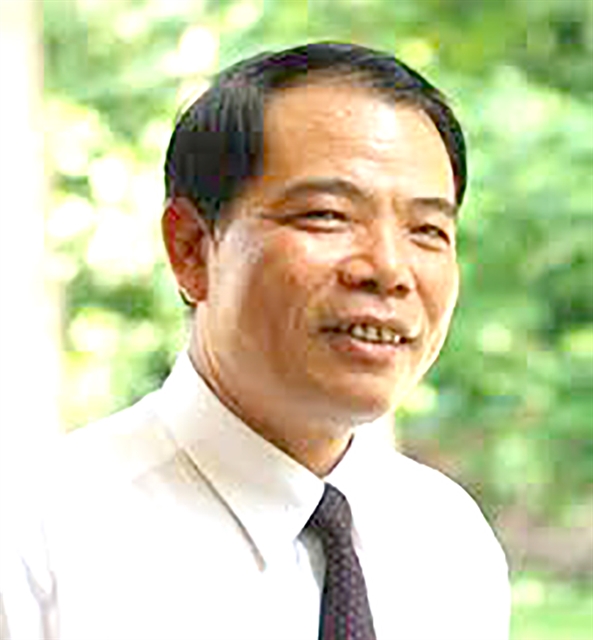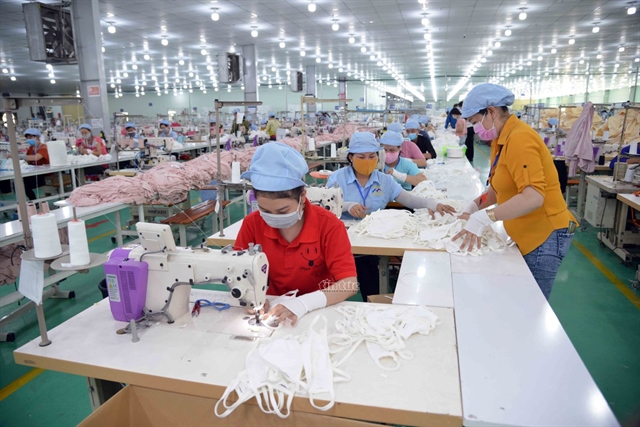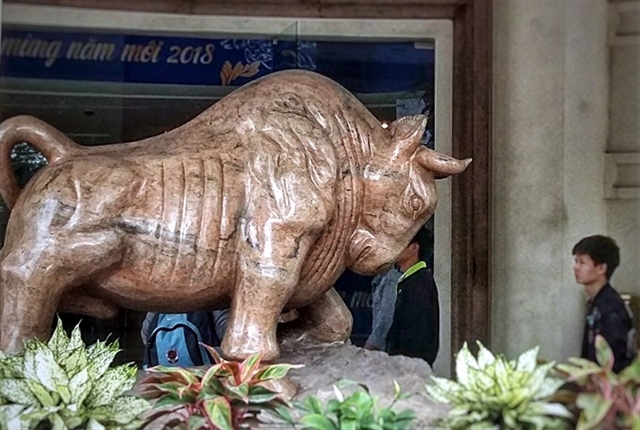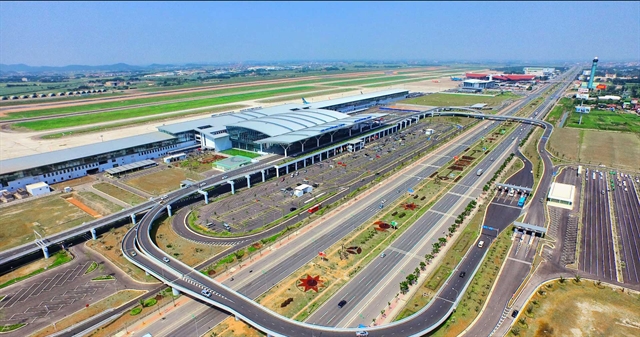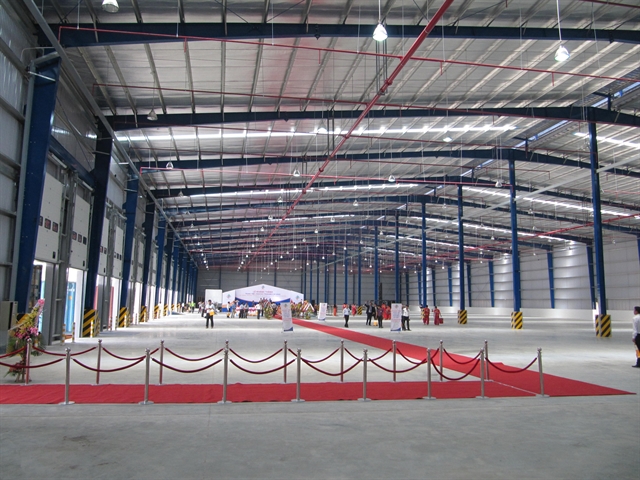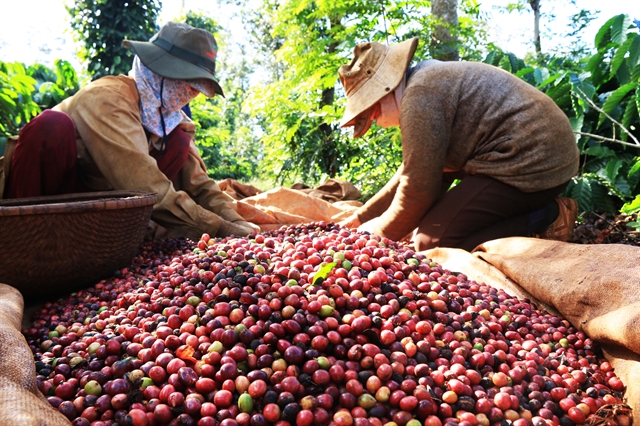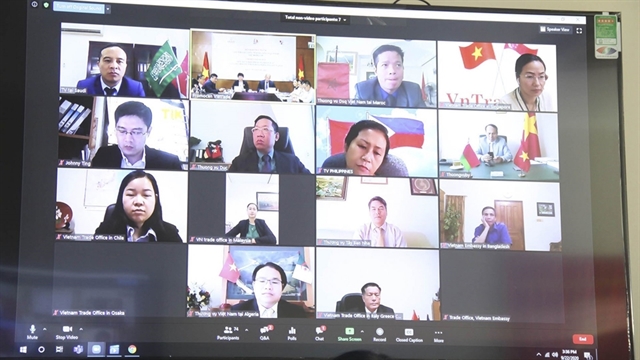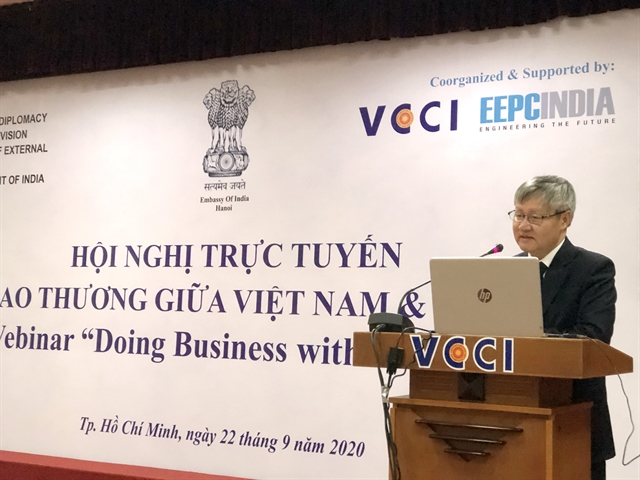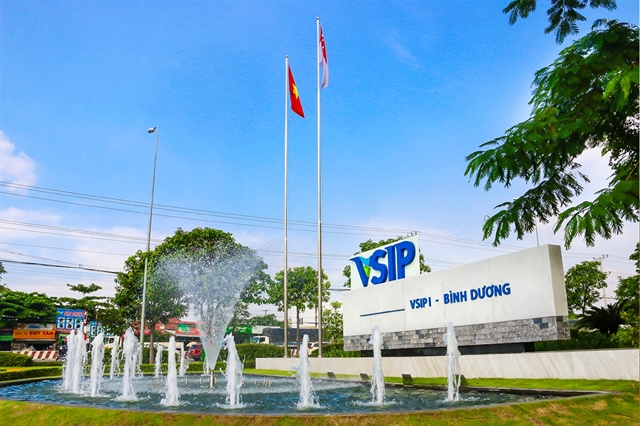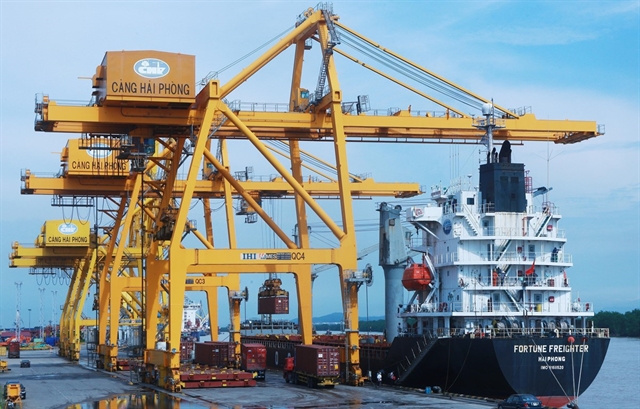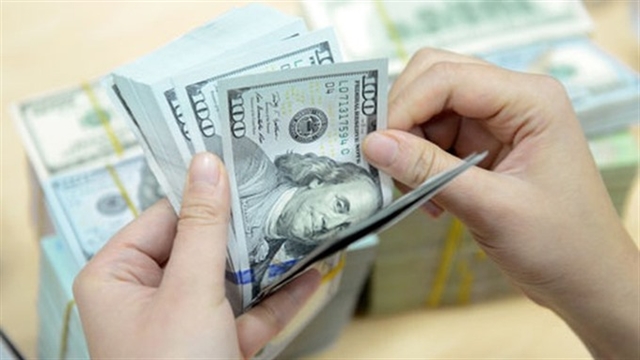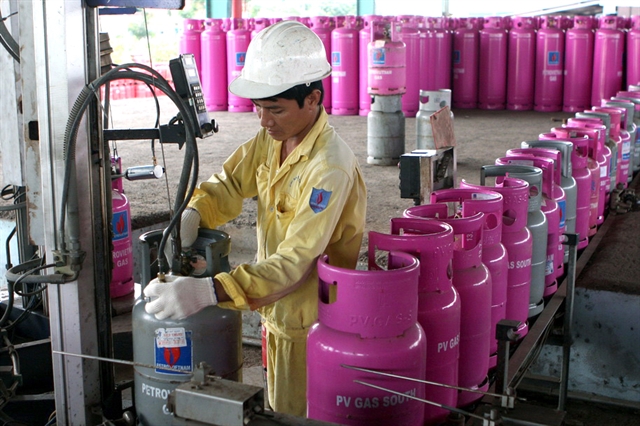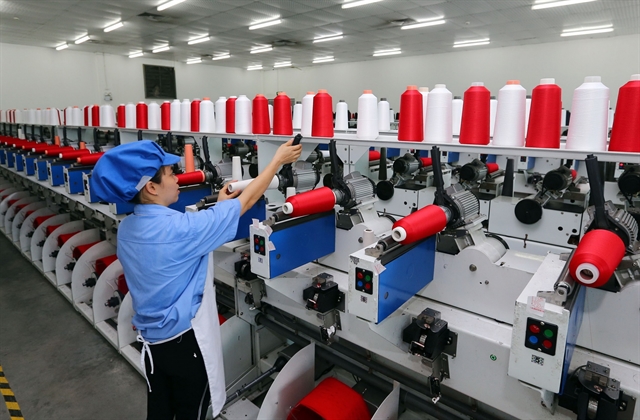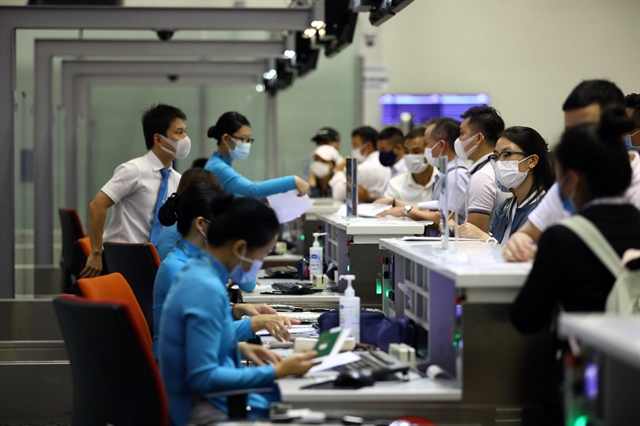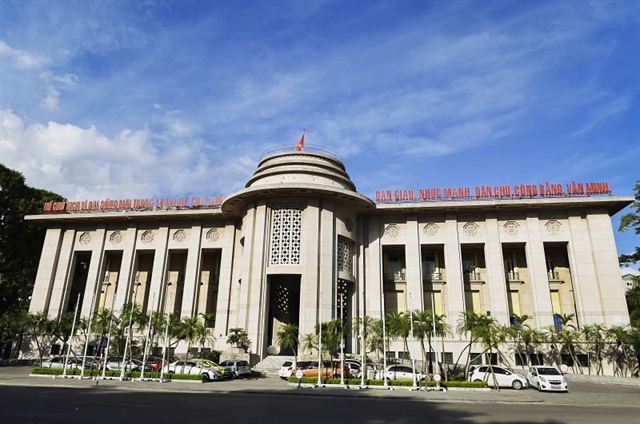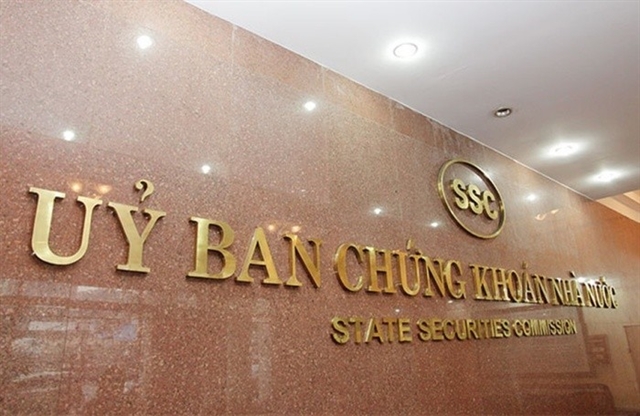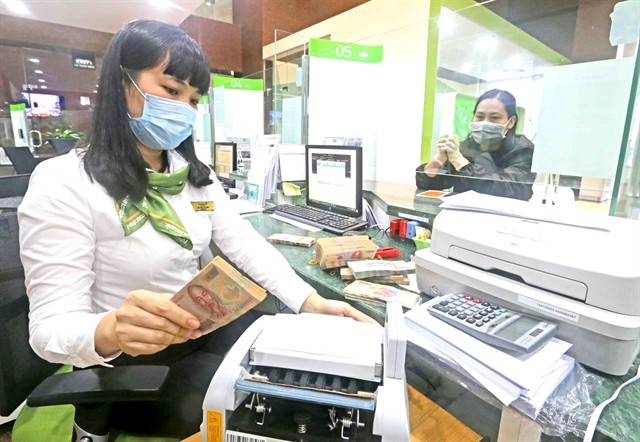
HÀ NỘI — A draft decree being developed by the State Securities Commission to implement the amended Law on Securities may cause local banks to lose out on potential foreign investment.
Recently, some commercial banks have curbed foreign ownership limits in their capital to below the bar of 30 per cent set by the State Bank of Việt Nam (SBV).
HCM City Development Joint Stock Commercial Bank (HDBank) on September 7 locked the limit of foreign capital at 21.5 per cent.
The Việt Nam Prosperity Joint Stock Commercial Bank (VPBank) locked the rate at 15 per cent, while the Việt Nam Technological and Commercial Joint Stock Bank (Techcombank) limited the rate at 22.5 per cent.
Under existing regulations, foreign ownership in the banking sector is limited at 30 per cent because the industry is highly sensitive and has great influence on Việt Nam’s economy.
HDBank said in a statement the foreign ownership cap would allow the bank to have more space in its capital to sell to strategic foreign investors.
Economist Nguyễn Trí Hiếu told local media that such moves by banks may be temporary because they have not found any foreign investors suitable to becoming strategic investors.
“Banks should be careful with selecting foreign strategic investors. Temporary foreign ownership cap may be a good move for them,” he said.
According to business insiders, banks are looking for investors to fill available foreign capital space. Some foreign institutional investors have made offers but the key factors to select a potential investor include financial status and good business strategy while banks also want to ensure their shares are not undervalued.
So far, the Joint Stock Bank for Foreign Trade of Việt Nam (Vietcombank), the Joint Stock Commercial Bank for Investment and Development of Việt Nam (BIDV) and Orient Commercial Joint Stock Bank (OCB) have successfully sold shares to strategic foreign investors.
BIDV in late 2019 sold 603.3 million shares to the South Korean lender KEB Hana Bank for nearly VNĐ34,000 (US$1.46) per share, valuing the deal at nearly VNĐ20.3 trillion ($872.5 million). OCB on June 29 transferred its shares to the Japanese bank Aozora and the value of the deal remains unknown.
But starting 2021, banks may not have the authority to decide the rate of foreign ownership in their capital.
Under a draft decree the State Securities Commission (SSC) is developing to instruct companies and investors to implement the amended Law on Securities, public companies may not be empowered to determine the ratio of foreign ownership in their capital.
Under Decree 60/2015/NĐ-CP dated June 26, 2015, public companies not operating in national security-related sectors such as banking, real estate and transportation or not subject to international treaties can raise foreign ownership limits to 100 per cent.
Business insiders said if banks are not allowed to make their own decisions on foreign ownership limits, they may struggle in negotiations with foreign investors.
Foreign investors will look to buy bank shares on the stock market instead of making deals privately and making long-term commitments to the development of the bank, they said.
Responding to the draft decree, the Việt Nam Banks Association (VNBA) said there are many individual investors on the stock market and revoking banks’ power in such an issue may allow those investors to have a negative influence on banks' operation and governance.
The SBV said that banks should be authorised to make decisions on foreign ownership issue as long as the decisions are in line with existing regulations and the company charter.
The central bank said banks can decide to cap foreign ownership at a specific rate as long as the rate is below the bar of 30 per cent. In addition, giving banks this power may help make their shares more attractive to foreign investors.
Facing the new policy, banks have expressed worries that they may lose the opportunities to make deals with foreign investors capable of lifting the banks’ performance.
Lawyer Trần Hữu Huỳnh, chairman of the Việt Nam International Arbitration Centre (VIAC), said companies should be able to decide the foreign ownership limits on their own, except those subject to international agreements.
In addition, company shareholders, especially major shareholders, should make decisions on such matters, Huỳnh said.
Nguyễn Đức Kiên, head of the Prime Minister’s economic advisory team, said banks are the force that helps the central bank run its monetary policies and stabilise macroeconomic conditions, so any changes with this sector should be reviewed carefully. — VNS
